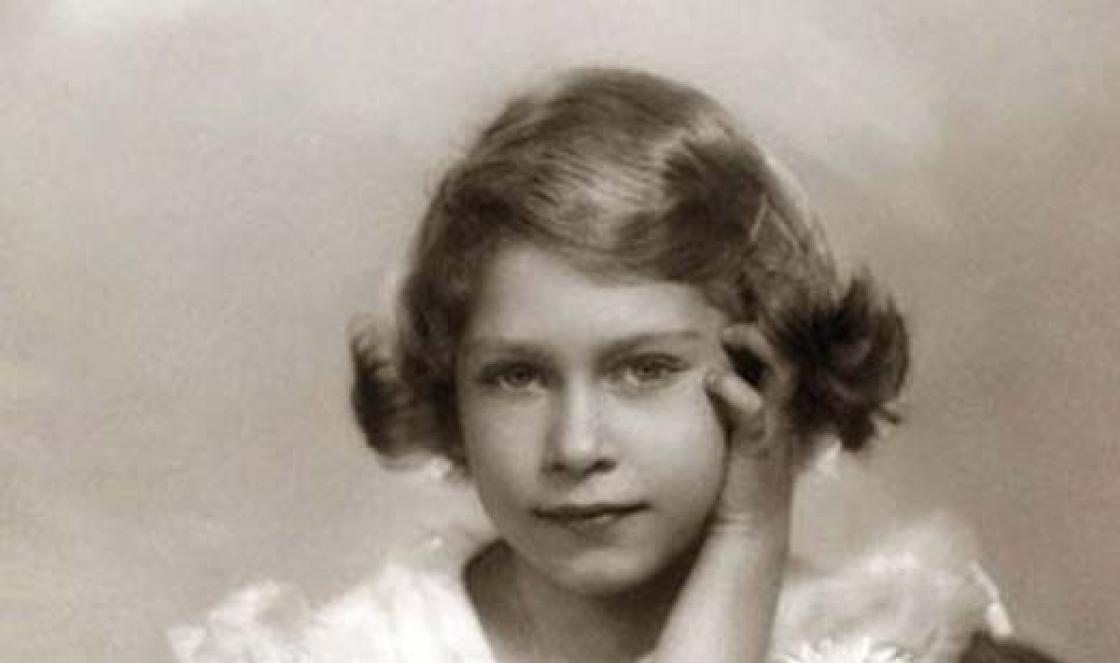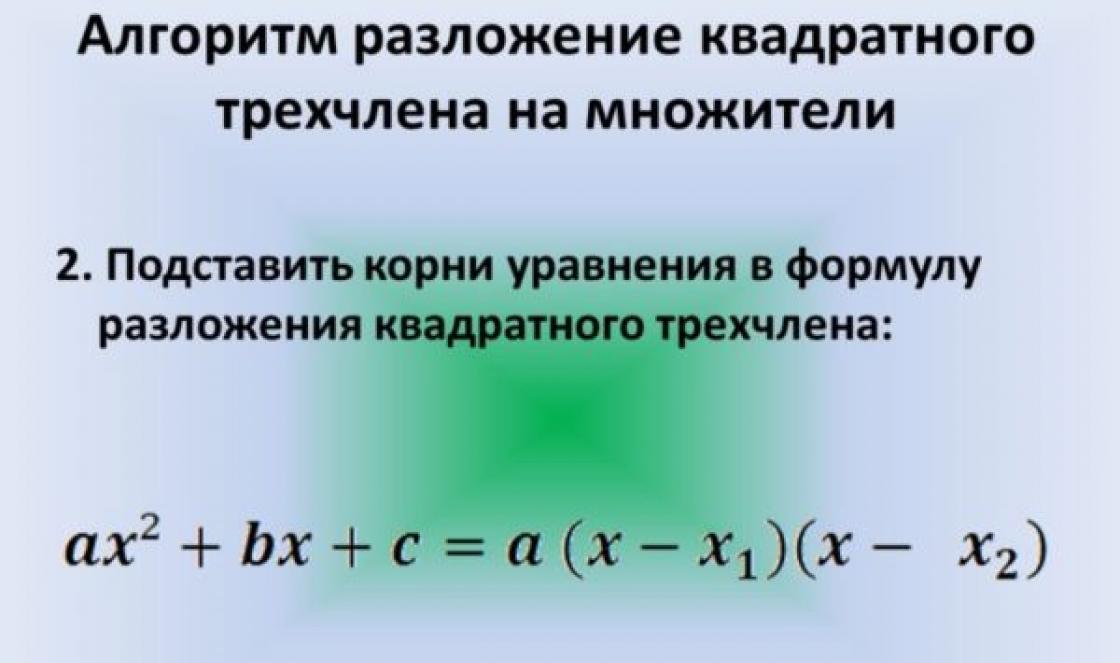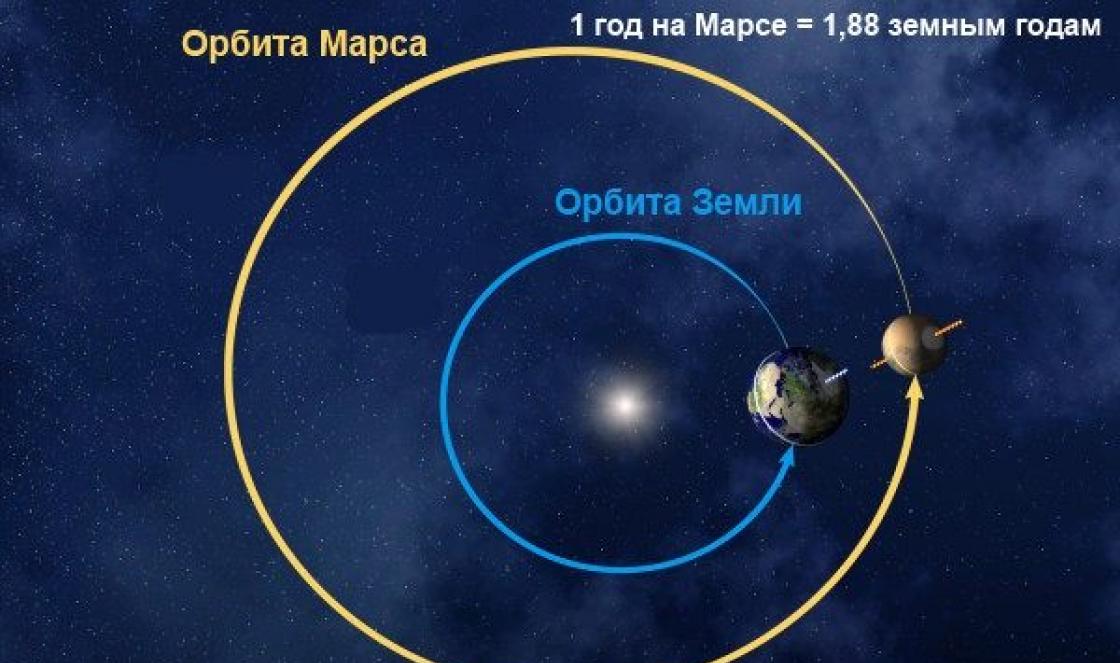Terentiev Fedor Mikhailovich
›| Fedor Terentiev | |
| personal information | |
|---|---|
| Floor | male |
| Citizenship | USSR USSR |
| Specialization | ski race |
| Date of Birth | |
| Place of Birth | With. Padany, Medvezhyegorsk district |
| Date of death | |
| A place of death | Leningrad |
| Sports career | |
Awards and medals |
|
Fyodor Mikhailovich Terentiev(1925-1963) - Soviet skier, champion of the Winter Olympic Games (1956), Honored Master of Sports of the USSR (1956).
BiographyBorn into a peasant family. Karel by nationality
Father - Mikhail Mikhailovich Teroev (in Soviet time changed his last name to Terentiev), mother - Evdokia Fedorovna (maiden name - Potapova). He was the seventh child in a large family (there were nine children in total). I got into sports at school. In 1941, the Terentiev family ended up in the occupied territory.
After his release, Padan was drafted into the Red Army in 1944. During army service he won his first sports victories.
In 1946, at the 5th National Ski Festival in Petrozavodsk, Fyodor Terentyev competed for the team of the White Sea Military District, winning the 20, 30 and 50 km races. Then he became the champion of the Murmansk region in cross-country skiing and won the skiing championship at the "Feast of the North". In 1947 and 1948 he became the absolute champion at the 6th and 7th national ski festivals of the Karelian-Finnish SSR, at the 8th ski festival in 1949 he became the champion in 10 and 18 km races.
In 1949, Fedor Terentyev was transferred to Moscow and began to play for the CSKA team. In the winter season of 1950, speaking for the army team, he won a silver medal at the USSR championship in the 4x10 km relay. In the winter season of 1951, he took third place in the 18 and 30 km races, and first place as part of the Moscow-1 team in the 4x10 km relay. In 1954, for the first time in history, he won all three individual races of the USSR championship, in the same year, as part of the Soviet team, he won a silver medal at the World Ski Championships in the 4x10 km ski relay.
At the 1956 Winter Olympics, as part of the Soviet team, he won a gold medal in the 4x10 km ski relay, and he also got a bronze medal in the 50 km race. In 1958, as part of the Soviet team, he won a silver medal at the World Ski Championships in the 4x10 km ski relay. In 1959, at the individual championship of the country, he won a silver medal in the 50 km race. In 1960, at the qualifying competitions, he won the right to participate in the 1960 Winter Olympics, but was not included in the team due to age (he was 34 years old). In March 1960, at the USSR Championship, Fedor won a gold medal in the 4x10 km relay and a silver medal in the 30 km race.
In 1962 he became the champion of the USSR in the 50 km race. In 1962 he entered the Leningrad Institute of Physical Culture named after P.F. Lesgaft.
In 1963, at an army competition near Leningrad, he won the 30 km race.
Tragically died on January 20, 1963 in Leningrad. He was buried in the cemetery of his native village of Padana in Karelia.
Sports careerOlympic champion in 1956 in the 4x10 km relay, 13-time champion of the USSR: 10 km (1953), 18 km (1954, 1955), 30 km (1954), 50 km (1954, 1962), 4x10 km relay (1951, 1952) , 1953, 1954, 1955, 1956, 1960).
Memory- On October 10, 2005, a monument to the athlete was solemnly opened in the homeland of Fyodor Terentyev.
- On June 28, 2011, a monument was unveiled in Petrozavodsk on the territory of the republican ski center "Kurgan".
- On December 16, 2012 Petrozavodsk hosted official opening Republican sports complex "Kurgan" named after the Olympic champion Fyodor Terentyev.
- Karelia: encyclopedia: in 3 volumes / ch. ed. A. F. Titov. T. 3: R - Ya. - Petrozavodsk: Publishing House "PetroPress", 2011. - S. 168-384 p.: ill., maps. ISBN 978-5-8430-0127-8 (vol. 3)
- A monument to Olympic champion Fyodor Terentyev was erected in the village of Padany
- Karelia official
Partially used materials from the site http://ru.wikipedia.org/wiki/
Fyodor Mikhailovich Terentiev (The 4th of October ( 19251004 ) , With. Padany Medvezhyegorsk district of the Karelian ASSR - January 20) - Soviet skier, 1956 Olympic champion in the 4x10 km relay, 13-time champion of the USSR: 10 km (1953), 18 km (1954, 1955), 30 km (1954), 50 km (1954, 1962), 4x10 km relay (1951, 1952, 1953, 1954, 1955, 1956, 1960).
Biography
Links
Notes
Categories:
- Personalities in alphabetical order
- October 4
- Born in 1925
- Deceased January 20
- Deceased in 1963
- USSR skiers
- Olympic champions from the USSR
- Olympic champions in cross-country skiing
- 1956 Winter Olympic champions
- Bronze medalists at the 1956 Winter Olympics
- Skiers at the 1956 Winter Olympics
- Karely
- Persons: Karelia
Wikimedia Foundation. 2010 .
- Terentiev, Kirill
- Terentiev (Rivne region)
See what "Terentyev, Fedor Mikhailovich" is in other dictionaries:
Terentiev- Terentyev surname: Terentyev, Alexander Ivanovich (1913 2005) Chuvash local historian, writer. Terentiev, Alexander Petrovich (1891-1970) Soviet organic chemist. Terentiev, Anatoly Pavlovich (1946) Soviet hockey player (with a ball) ... Wikipedia
List of Honored Masters of Sports of the USSR (skiing)- ... Wikipedia
Padans- Village of rural type Padany Coat of arms ... Wikipedia
Laureates of the Stalin Prize for outstanding inventions and fundamental improvements in production methods- The Stalin Prize for outstanding inventions and fundamental improvements in production methods is a form of encouragement for citizens of the USSR for significant achievements in the technical development of Soviet industry, the development of new technologies, modernization ... ... Wikipedia Wikipedia
Corresponding members of the Russian Academy of Sciences for the entire history of existence - Full list corresponding members of the Academy of Sciences (Petersburg Academy of Sciences, Imperial Academy of Sciences, Imperial St. Petersburg Academy of Sciences, USSR Academy of Sciences, Russian Academy Sciences). # A B C D E F F Z ... Wikipedia
Corresponding Member of the Academy of Sciences of the USSR- A complete list of corresponding members of the Academy of Sciences (Petersburg Academy of Sciences, Imperial Academy of Sciences, Imperial St. Petersburg Academy of Sciences, USSR Academy of Sciences, Russian Academy of Sciences). # A B C D E F F G I J K L M N O P R ... Wikipedia
Fyodor Mikhailovich Terentiev(1925-1963) - Soviet skier, champion of the Winter Olympic Games (1956), Honored Master of Sports of the USSR (1956).
Biography
Born into a peasant family. Karel by nationality
Father - Mikhail Mikhailovich Teroev (in Soviet times changed his last name to Terentyev), mother - Evdokia Fedorovna (maiden name - Potapova). He was the seventh child in a large family (there were nine children in total). I got into sports at school. In 1941, the Terentiev family ended up in the occupied territory.
After his release, Padan was drafted into the Red Army in 1944. During his military service, he won his first sports victories.
In 1946, at the 5th National Ski Festival in Petrozavodsk, Fyodor Terentyev competed for the team of the White Sea Military District, winning the 20, 30 and 50 km races. Then he became the champion of the Murmansk region in cross-country skiing and won the skiing championship at the "Feast of the North". In 1947 and 1948 he became the absolute champion at the 6th and 7th national ski festivals of the Karelian-Finnish SSR, at the 8th ski festival in 1949 he became the champion in 10 and 18 km races.
In 1949, Fedor Terentyev was transferred to Moscow and began to play for the CSKA team. In the winter season of 1950, speaking for the army team, he won a silver medal at the USSR championship in the 4x10 km relay. In the winter season of 1951, he took third place in the 18 and 30 km races, and first place as part of the Moscow-1 team in the 4x10 km relay. In 1954, for the first time in history, he won all three individual races of the USSR championship, in the same year, as part of the Soviet team, he won a silver medal at the World Ski Championships in the 4x10 km ski relay.
In 1963, at an army competition near Leningrad, he won the 30 km race.
Memory
Write a review on the article "Terentyev, Fedor Mikhailovich"
Notes
Links
|
||||||
An excerpt characterizing Terentyev, Fedor Mikhailovich
“It’s probably light soon,” he said, yawning, and went somewhere.Petya should have known that he was in the forest, in the party of Denisov, a verst from the road, that he was sitting on a wagon recaptured from the French, near which horses were tied, that the Cossack Likhachev was sitting under him and sharpening his saber, which is great black spot to the right - a guardhouse, and a bright red spot below to the left - a dying fire, that the man who came for a cup was a hussar who wanted to drink; but he knew nothing and did not want to know it. He was in a magical realm, in which there was nothing like reality. A big black spot, maybe it was definitely a guardhouse, or maybe there was a cave that led into the very depths of the earth. The red spot may have been fire, or perhaps the eye of a huge monster. Maybe he’s definitely sitting on a wagon now, but it’s very possible that he’s not sitting on a wagon, but on a terribly high tower, from which if you fall, you would fly to the ground all day, a whole month - all fly and you will never reach . It may be that just the Cossack Likhachev is sitting under the wagon, but it may very well be that this is the kindest, bravest, most wonderful, most excellent person in the world, whom no one knows. Perhaps it was the hussar who was exactly passing for water and went into the hollow, or perhaps he had just disappeared from sight and completely disappeared, and he was not there.
Whatever Petya saw now, nothing would surprise him. He was in a magical realm where anything was possible.
He looked up at the sky. And the sky was as magical as the earth. The sky was clearing, and over the tops of the trees clouds quickly ran, as if revealing the stars. Sometimes it seemed that the sky was clearing and showed a black, clear sky. Sometimes it seemed that these black spots were clouds. Sometimes it seemed that the sky was high, high above the head; sometimes the sky descended completely, so that you could reach it with your hand.
Petya began to close his eyes and sway.
Drops dripped. There was a quiet conversation. The horses neighed and fought. Someone snored.
“Fire, burn, burn, burn…” whistled the saber being sharpened. And suddenly Petya heard a harmonious chorus of music playing some unknown, solemnly sweet hymn. Petya was musical, just like Natasha, and more Nicholas, but he never studied music, did not think about music, and therefore the motives that suddenly came to his mind were especially new and attractive to him. The music played louder and louder. The tune grew, passed from one instrument to another. There was what is called a fugue, although Petya had no idea what a fugue was. Each instrument, now resembling a violin, now like trumpets - but better and cleaner than violins and trumpets - each instrument played its own and, without finishing the motive, merged with another, which began almost the same, and with the third, and with the fourth , and they all merged into one and again scattered, and again merged now into a solemn church, now into a brightly shining and victorious one.
“Oh, yes, it’s me in a dream,” Petya said to himself, swaying forward. - It's in my ears. Or maybe it's my music. Well, again. Go ahead my music! Well!.."
He closed his eyes. And from different sides, as if from afar, sounds trembled, began to converge, scatter, merge, and again everything united into the same sweet and solemn hymn. “Ah, what a delight it is! As much as I want and how I want,” Petya said to himself. He tried to lead this huge chorus of instruments.
“Well, hush, hush, freeze now. And the sounds obeyed him. - Well, now it's fuller, more fun. More, even happier. - And from an unknown depth rose increasing, solemn sounds. “Well, voices, pester!” Petya ordered. And first, men's voices were heard from afar, then women's. The voices grew, grew in a steady solemn effort. Petya was terrified and joyful to listen to their extraordinary beauty.
A song merged with the solemn victory march, and drops dripped, and burned, burned, burned ... a saber whistled, and again the horses fought and neighed, not breaking the chorus, but entering it.
Petya did not know how long this went on: he enjoyed himself, was constantly surprised at his own pleasure and regretted that there was no one to tell him. Likhachev's gentle voice woke him up.
- Done, your honor, spread the guard in two.
Petya woke up.
- It's getting light, really, it's getting light! he cried.
Previously invisible horses became visible up to their tails, and a watery light was visible through the bare branches. Petya shook himself, jumped up, took out a ruble bill from his pocket and gave it to Likhachev, waved it, tried the saber and put it in its sheath. The Cossacks untie the horses and tighten the girths.
“Here is the commander,” said Likhachev. Denisov came out of the guardroom and, calling to Petya, ordered to get ready.
Quickly in the semi-darkness, they dismantled the horses, tightened the girths and sorted out the commands. Denisov stood at the guardhouse, giving his last orders. The infantry of the party, slapping a hundred feet, advanced along the road and quickly disappeared between the trees in the predawn fog. Esaul ordered something to the Cossacks. Petya kept his horse in line, impatiently waiting for the order to mount. Washed with cold water, his face, especially his eyes, burned with fire, chills ran down his back, and something in his whole body trembled quickly and evenly.
- Well, are you all ready? Denisov said. - Come on horses.
The horses were given. Denisov was angry with the Cossack because the girths were weak, and, having scolded him, sat down. Petya took up the stirrup. The horse, out of habit, wanted to bite his leg, but Petya, not feeling his weight, quickly jumped into the saddle and, looking back at the hussars moving behind in the darkness, rode up to Denisov.
- Vasily Fyodorovich, will you entrust me with something? Please… for God's sake…” he said. Denisov seemed to have forgotten about the existence of Petya. He looked back at him.
Medvezhyegorsk region of the Karelian ASSR. Karel by nationality
Father - Mikhail Mikhailovich Teroev (in Soviet times changed his last name to Terentyev), mother - Evdokia Fedorovna (maiden name - Potapova). He was the seventh child in a large family (there were nine children in total). Even at school I became interested in sports. In 1941, the Terentyev family did not have time to evacuate, and ended up in the occupied territory. After the release of Padan in 1944, Fedor was drafted into the Red Army. During his military service, he won his first sports victories.
In 1946, at the 5th National Ski Festival in Petrozavodsk, Fyodor Terentyev competed for the team of the White Sea Military District, winning the 20, 30 and 50 km races. Then he became the champion of the Murmansk region in cross-country skiing and won the skiing championship at the "Feast of the North". In 1947 and 1948 he became the absolute champion at the 6th and 7th national ski festivals of Karelia; at the VIII ski festival in 1949, he became the champion in the 10 and 18 km races.
In 1949, Fedor Terentyev was transferred to Moscow and began to play for CSKA. In the winter season of 1950, playing for the army team, he won a silver medal at the USSR championship in the 4x10 km relay. In the winter season of 1951, he took third place in the 18 and 30 km races, and first place as part of the Moscow-1 team in the 4x10 km relay. In 1954, for the first time in history, he won all three individual races of the USSR championship, in the same year, as part of the Soviet team, he won a silver medal at the World Ski Championships in the 4x10 km ski relay.
At the 1956 Winter Olympics, Fedor Terentyev won a gold medal in the 4x10 km ski relay as part of the Soviet team, and he also won a bronze medal in the 50 km race. In 1958, again as part of the Soviet team, he won a silver medal at the World Ski Championships in the 4x10 km ski relay. In 1959, Fyodor Terentyev won a silver medal in the 50 km race at the individual championship of the country. In 1960, at the qualifying competitions, he won the right to participate in the 1960 Winter Olympics, but was not included in the team, since he was already 34 years old. In March 1960, at the USSR Championship, Fedor Terentyev won a gold medal in the 4x10 km relay and a silver medal in the 30 km race.
Fyodor Terentyev decided to win the right to participate in the 1964 Winter Olympics. In 1962 he became the champion of the USSR in the 50 km race, in 1963 he won the 30 km race at the army competitions near Leningrad. However, he died shortly thereafter.
Memory
On June 28, on the territory of the republican center "Kurgan" in the capital of Karelia, Petrozavodsk, the opening ceremony of the monument to the famous skier, Olympic champion Fyodor Terentyev was held.The ceremony was attended by the Deputy Head of the Republic of Karelia, Chairman of the State Legal Committee of the Republic of Kazakhstan Alexei Bakhilin, Chairman of the State Committee for Youth Affairs, physical culture, Sports and Tourism Alexander Voronov, First Deputy Chairman Legislative Assembly of the Republic Ivan Romanov, Chairman of the Committee for Youth Affairs, Physical Culture and Sports of the Administration of Petrozavodsk Vasily Filin, the author of the monument - sculptor Ludwig Davidyan, officials, veterans of Karelian sports, schoolchildren.
Opening of the monument
In the spring of 1956, at the Olympic Games in the city of Cortina d "Ampezzo in Italy, Fedor Terentyev became the first Karelian Olympic champion, winning the 4 x 10 km ski relay. He came to the finish line with a lead of one and a half minutes from the nearest rival. This was the first Golden medal, won at the Olympics by Russian male skiers. Among his other titles are the title of the multiple champion of the USSR (1951-1962) and the multiple winner of the National Ski Holidays of Karelia from 1946 to 1961, the “silver” of the 1954 and 1958 world championships, as well as the “bronze” at the Olympics in Cortina-d " Ampezzo in a 50 km race.
Monument to Fyodor Terentyev
- A unique event took place today, for the first time in Karelia a monument was erected to an athlete-skier who brought glory to his homeland with sporting achievements, - said Alexei Bakhilin, Deputy Head of the Republic of Karelia, in his speech at the opening ceremony of the monument. – It was he who set the pace, which was then picked up by his associates and students. I have no doubt that now, after the installation of this monument, the soul of Fyodor Terentyev will become the soul of the entire sports center on Kurgan.
Alexey Bakhilin also warmly thanked everyone who took part in the creation of the monument. The sister of Fyodor Terentyev, Feodosia Mikhailovna Kvasnikova, came to the opening ceremony of the monument from Segezha. Representatives of the school of the village of Padany, Medvezhyegorsk region, where the famous Olympic champion was born and where the memory of the legendary countryman is kept, also arrived in Petrozavodsk. Fyodor Terentiev was spoken about warmly by his associates in sports destiny - veterans of Karelian sports.
Fyodor Mikhailovich Terentyev was born on October 4, 1925. He began his sports career in Petrozavodsk. It was here that in 1946, at the 5th national ski festival in the capital of Karelia, Fedor Terentyev competed for the team of the White Sea Military District, winning races of 20, 30 and 50 km, and in 1947 and 1948 he became the absolute champion at the 6th and 7th national ski holidays of Karelia. Therefore, today the name of Fyodor Terentyev was given to the ski center under construction on Kurgan in Petrozavodsk, and today a monument to the Olympic champion has been erected on the territory of the ski center.





